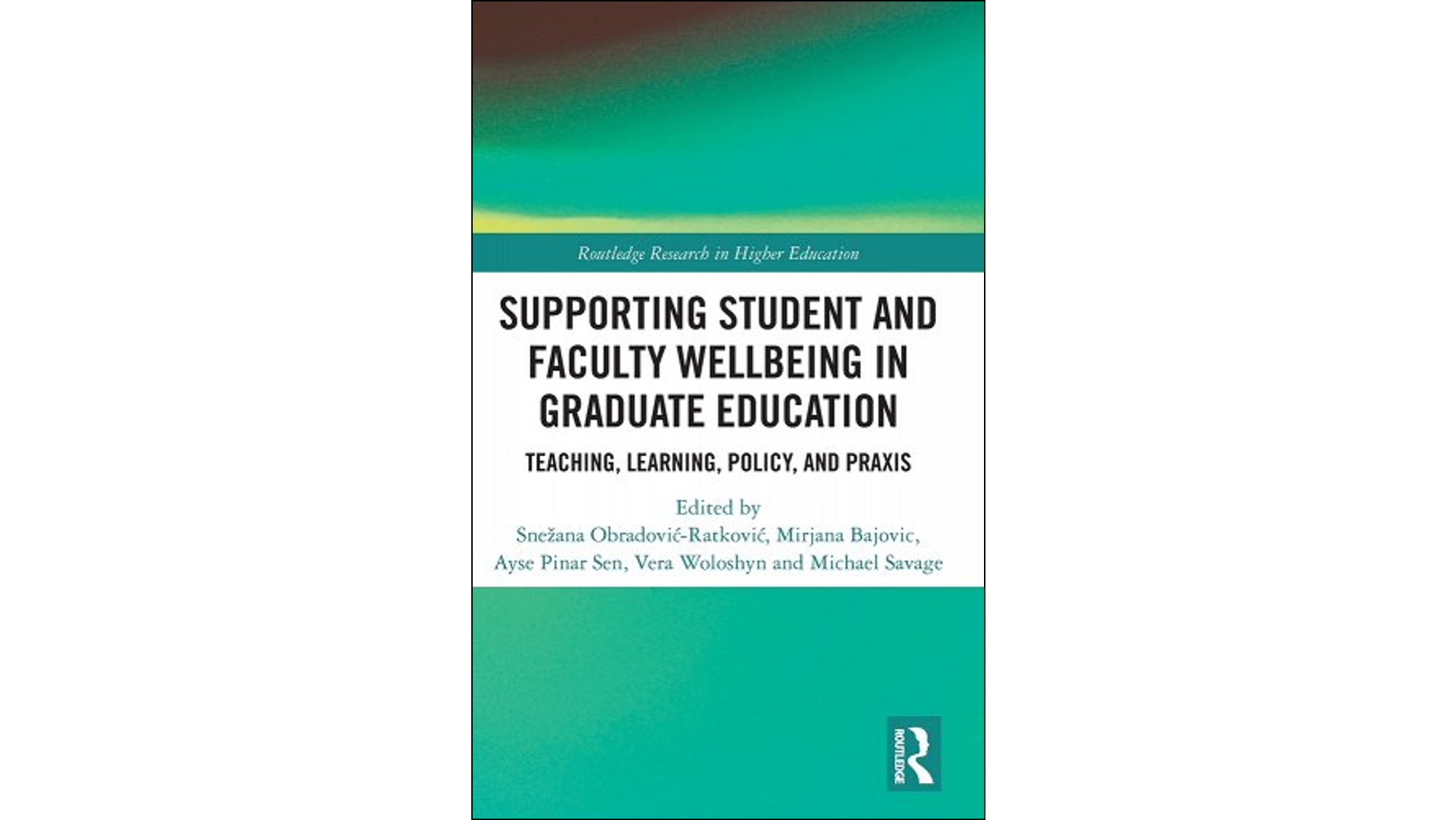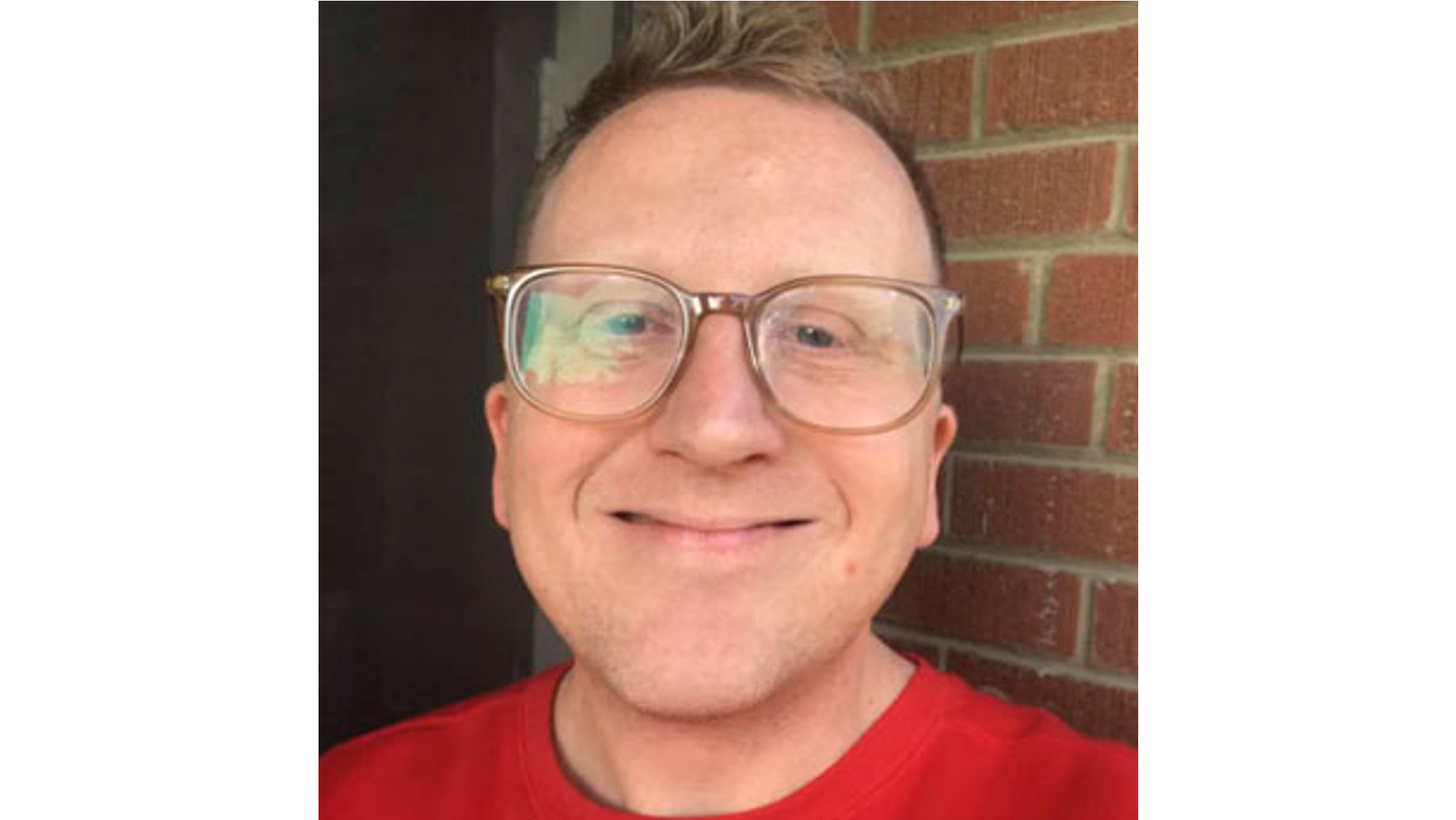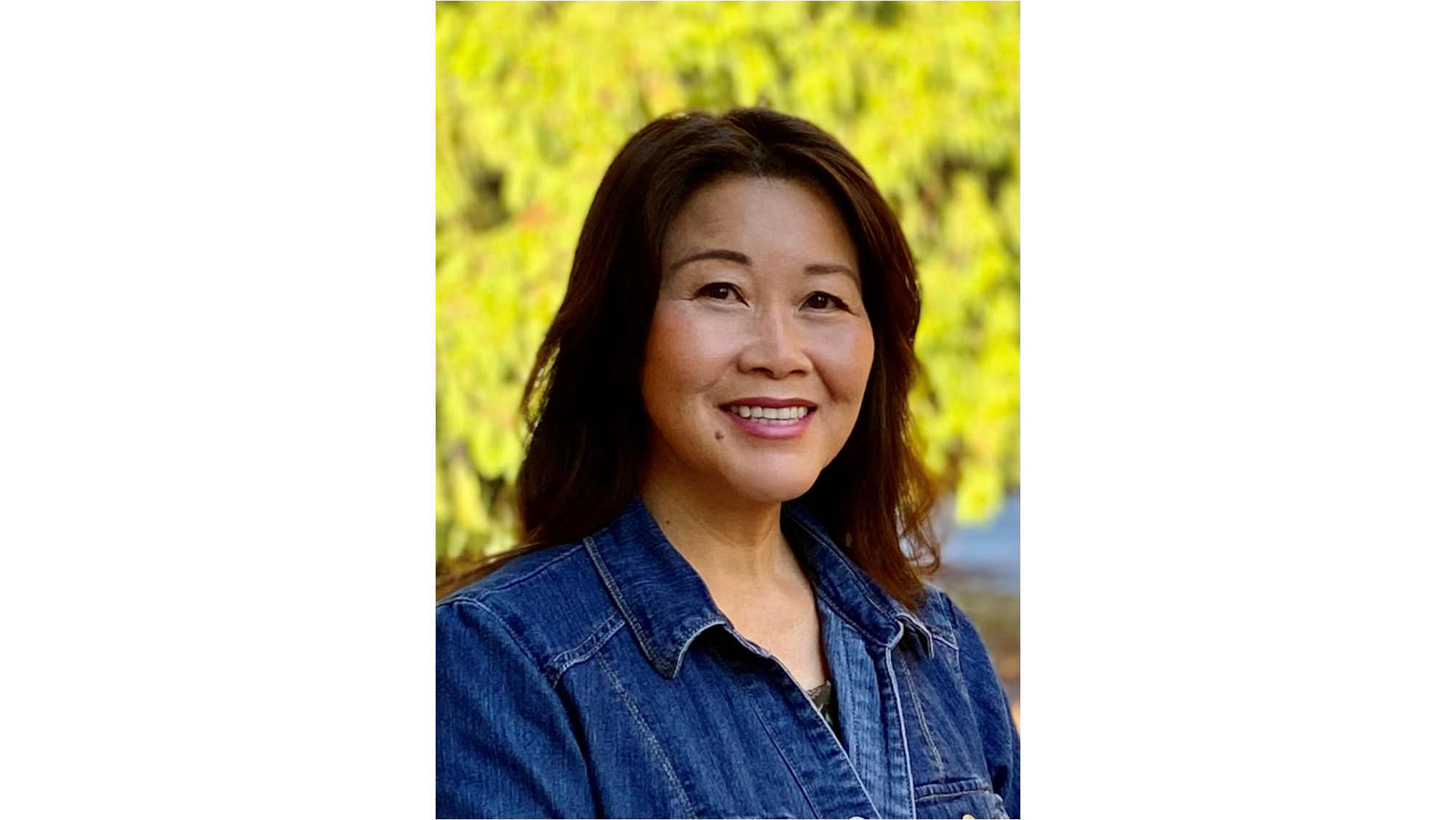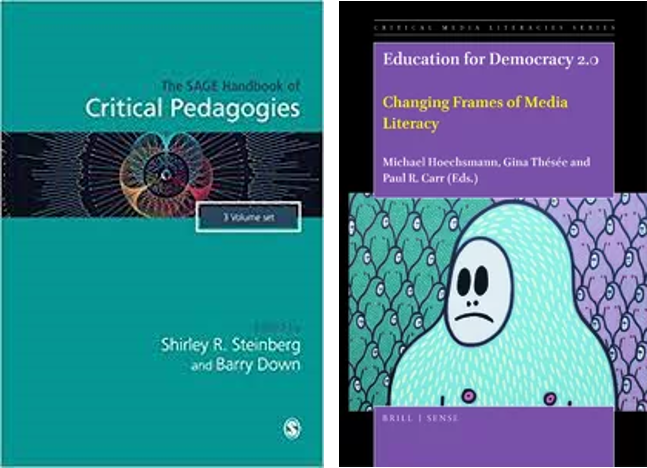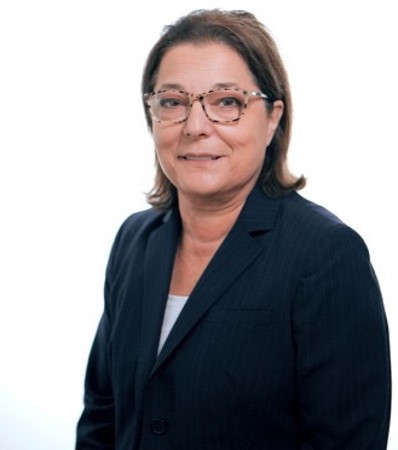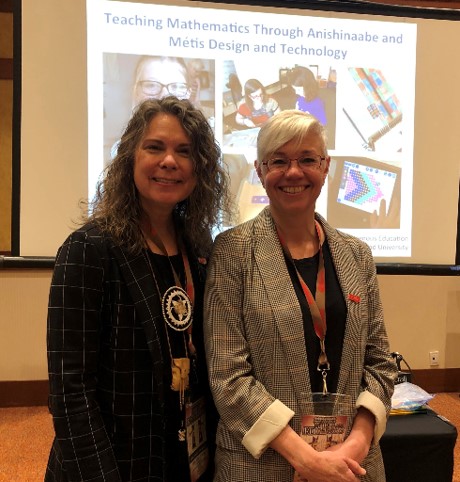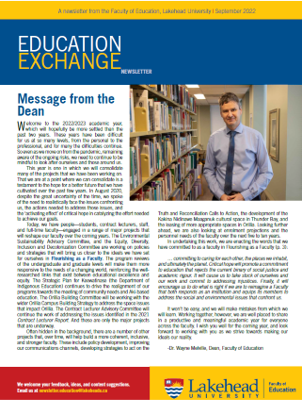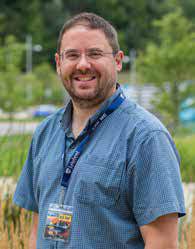PhD Student Claudia Flores Moreno Publishes Book Chapter with Drs. Sonia Mastrangelo and Meridith Lovell-Johnston
PhD student Claudia Flores Moreno, along with her supervisors Dr. Sonia Mastrangelo and Dr. Meridith Lovell-Johnston (Orillia campus), have authored a research chapter titled “A Self-Regulation Framework to Support the Mental Health and Wellbeing of International Female Graduate Students.”
The chapter is published in the book, Supporting Student and Faculty Wellbeing in Graduate Education (Routledge, 2022). This book discusses new pressures impacting graduate students and their supervisors, teachers, and mentors, as well as offering strategies that reflect on well-being as part of student-mentor relationships.
As noted in the abstract of their chapter, “Managing stressors is a growing concern among international graduate students, particularly for international female graduate students (IFGS) during the global COVID-19 pandemic. IFGS have coped with delayed program starts, loss of economic stability, social isolation, uncertainty, and continuous readjustments over this period. Self-regulation is a framework for understanding and managing stress that can be beneficial in helping students with their learning, mental health, and wellbeing. This chapter explores the journey of an IFGS and shows how the Shanker Self-Regulation framework can help across five interrelated domains (biological, emotional, cognitive, social, and pro-social).”
Claudia notes that the book chapter emerges from her deep interest in Shanker’s Self-Regulation framework, and takes the form of “complementary narratives” between herself and Sonia and Meridith.
She explains that she "found the genre of a collaborative autoethnography complex, [partly due to the fact that] my lived experiences have involved much uncertainty and cumulative loss over COVID-19. Dr. Lovell-Johnston brilliantly proposed that complementary narratives would allow space for ‘responses.’ Knowing what was going on from their perspective, as co-supervisors, was a great opportunity to understand the co-regulation process.”
